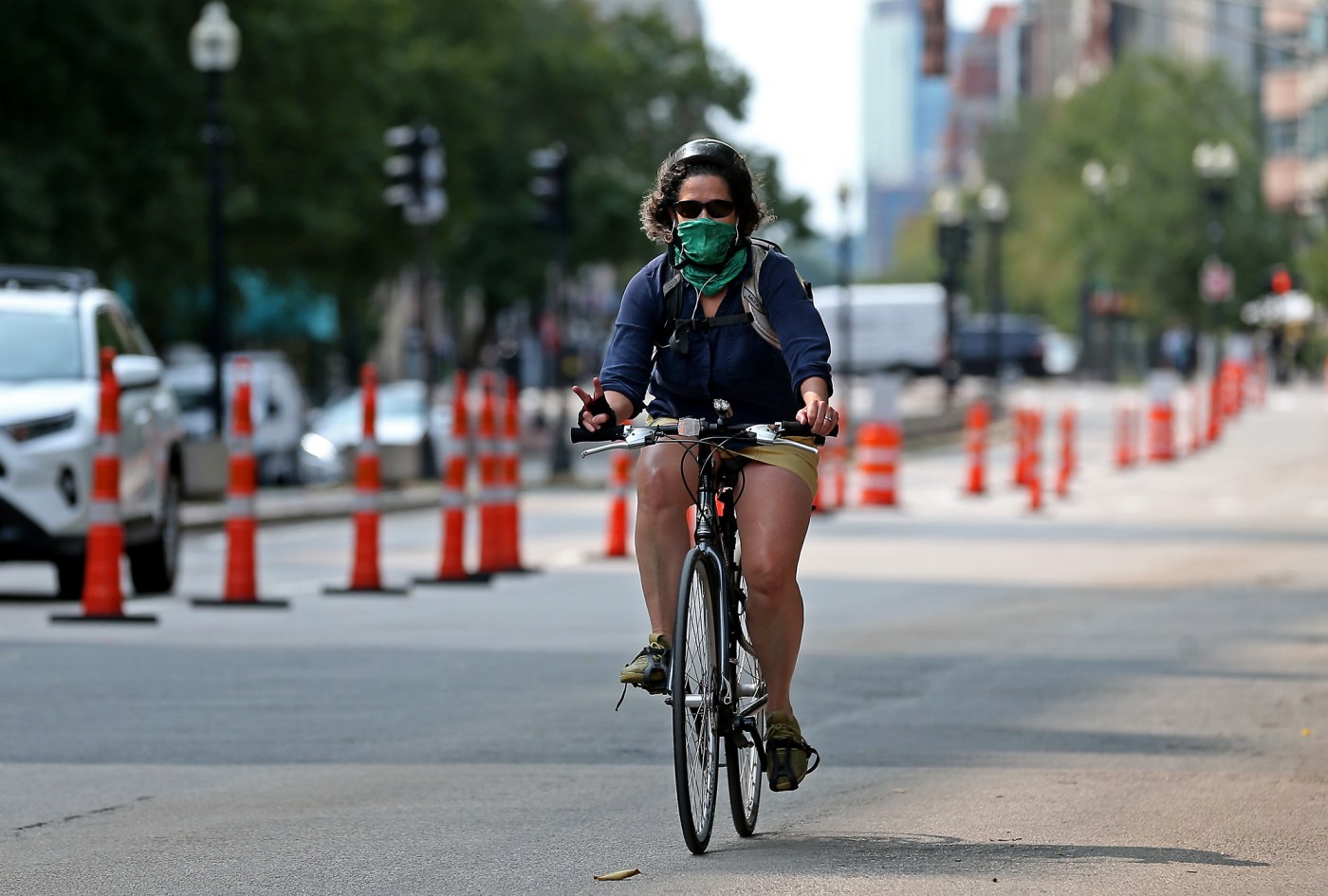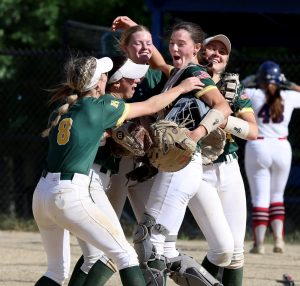
Boston city councilor in the hot seat for handling of Back Bay bike lanes meeting
A Boston city councilor is facing heat for purportedly trying to select public input that aligned with his own opposition to a bus and bike lanes project set to begin in the Back Bay Sunday, during a community meeting he held on the mayor’s plan.
Councilor Ed Flynn hosted a chaotic virtual listening session Wednesday, where residents — most of whom were bicyclists — in support of the mayor’s plan to add bus and bike lanes to Boylston Street clashed with the councilor over what they felt were his attempts to drown out their voices, in favor of other residents and civic leaders who oppose the changes.
Many pro-bike lane participants repeatedly chose to unmute themselves and interrupt the councilor while he was attempting to select speakers who live or do business in the Back Bay, saying that it was “reductive” to only get input from the neighborhood since Boylston Street is a main thoroughfare used by people throughout the city.
The accusations became more pronounced on Friday, when they were amplified on X, the site formerly known as Twitter, in a post by SouthieBikes, a South Boston cycling group, prompting a rare response to social media fodder from Flynn, who represents that neighborhood.
“Most of the 60 attendees at Wednesday night’s Zoom meeting supported the Boylston (Street) bike lanes,” the SouthieBikes post states. “(Flynn) selectively chose speakers to limit the number of supporters speaking out.”
Flynn responded directly to the post, by quoting it and stating, “Although I almost never engage in these discussions on social media, I was respectful to all. It’s also important that we respect others’ opinions. We can disagree without being disrespectful. We need more civility in society. Part of these discussions must also include compromise.”
While Flynn has advocated for safer streets in Boston during his time on the City Council, his opposition to bike lanes — which he says would hurt businesses in this case — has drawn the ire of transit advocates, who argue that their implementation is a necessary traffic-calming solution.
Much of that tension was on display during this week’s listening session.
Corey Dinopoulos, a co-chair of SouthieBikes, said, for example, he was “pretty disappointed in the lack of consideration for all users of the road, especially from your administration.”
“Your stance on bike lanes undermines the safety and rights of cyclists, and we all deserve to cycle and commute without the fear of being on the same road with distracted drivers,” Dinopoulos said.
A speaker in his 70s, who was using his partner’s phone and didn’t identify himself, stated, however, that the issue was a “generational” one, in terms of most of the support coming from the younger crowd of people in their 20s and 30s who are physically able to commute around the city on their bicycles.
“It’s a generational thing,” the man said. “You have to be conscious that people who are older, who have medical issues do need their cars to get around the city.”
Representatives from two civic groups, the Back Bay Association and Neighborhood Association of the Back Bay, also spoke critically of the mayor’s plan, stating that it would impact pedestrian access and hurt businesses. They also accused the city of failing to listen to their concerns and pushed for a compromise.
“This is an arena where residents and businesses have many interests in common,” Martyn Roetter, chair of the Neighborhood Association of the Back Bay, said. “It’d be bad for us if the businesses can’t function properly, and it would be bad for the businesses if residents get discouraged from going to the businesses.”
Related Articles
Boston city councilor ‘skeptical’ that costly capital projects will be completed
Boston City Council approves $4.6 billion budget with ‘cuts’ to Police and Fire
Boston City Council approves mayor’s plan to increase commercial tax rates
Boston City Council still weighing cuts to the police department ahead of Wednesday vote
Boston mayor, team boast economic rebound amid commercial sector woes
Mayor Michelle Wu’s administration plans to move forward with construction of the Boylston Street project on Sunday, work that will take about three weeks to complete and “result in a more balanced roadway that prioritizes safety and transit service, while ensuring that everyone can continue to move smoothly and safely along the corridor,” her office said.
A full-time dedicated bus lane will be added on Boylston Street between Dartmouth and Arlington streets. A separated bike lane will be added on Boylston from Massachusetts Avenue to Arlington Street, which the city says will create an essential link in the bike network from the west to the downtown core.
The permanent lanes are among a number of planned road reconfigurations intended to improve safety in the crash-prone area. Administration officials anticipate the roughly 500–person daily bike ridership will increase on Boylston Street.
“The changes on Boylston Street will make the roadway safer for all who live in, work in, and visit the Back Bay, and improve speed and reliability for the more than 13,000 people per day who ride on the bus in this area,” a city spokesperson said in a Friday statement.
“The city has worked with local residents and business owners to gather feedback on the plan, which will improve pedestrian safety, update curb regulations, and reduce conflicts between the thousands of pedestrians, drivers, bicyclists, and bus riders who travel on Boylston on a typical weekday.”


